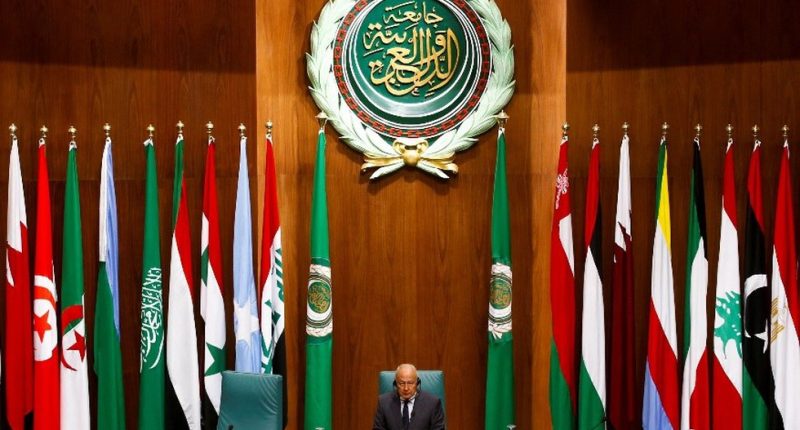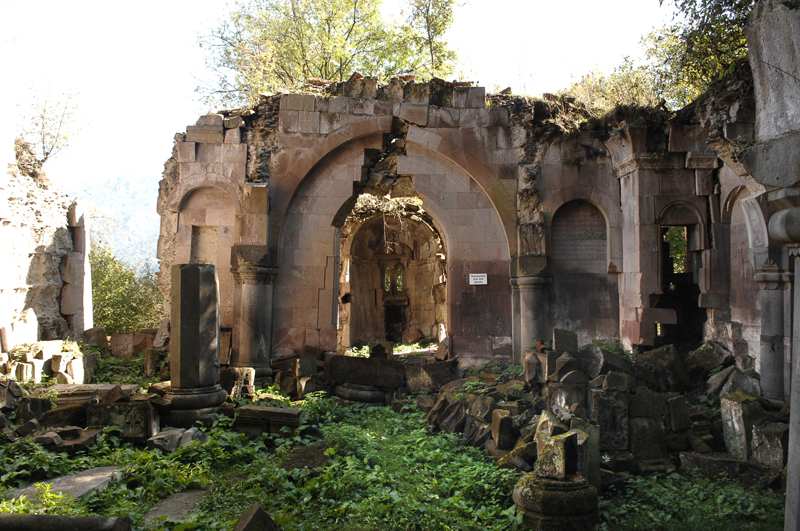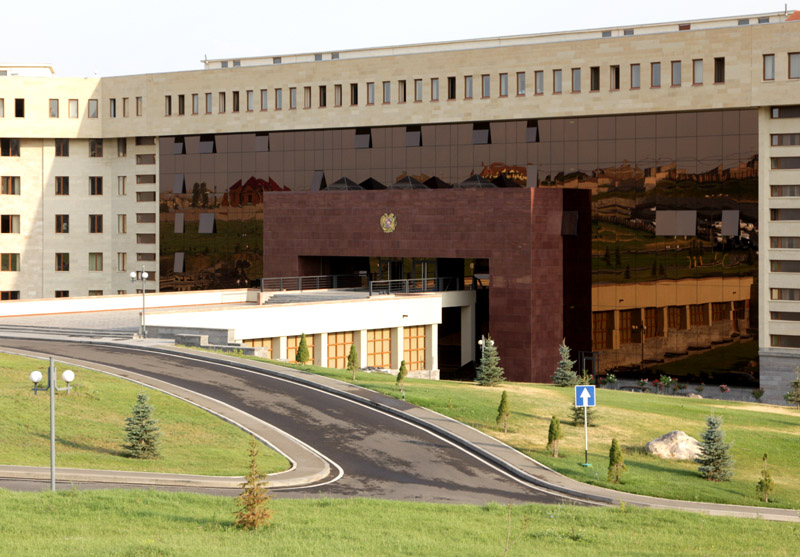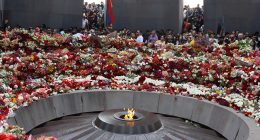On Friday, Arab countries and organizations warmly welcomed Armenia’s announcement of its recognition of the State of Palestine, urging the rest of the world to take similar steps, according to Arab media reports.
This sentiment was reflected in official statements issued by the foreign ministries of Egypt, Saudi Arabia, Qatar, Kuwait, the Sultanate of Oman, Lebanon, Iraq, and Jordan, as well as the Arab Parliament and the Cooperation Council for the Arab Gulf States.
In Cairo, the Egyptian Ministry of Foreign Affairs stated, “We welcome Armenia’s decision to officially recognize the State of Palestine. This is a step in support of the legitimate rights of the Palestinian people to end the Israeli occupation and establish their independent state on the 1967 borders, with East Jerusalem as its capital.” The ministry added that Egypt appreciates Armenia’s support for the just Palestinian cause and calls for continued efforts by the international community to revive a real peace process that addresses the roots of the Palestinian issue and restores the legitimate rights of the Palestinian people, including the establishment of their independent state.
In Riyadh, the Saudi Ministry of Foreign Affairs expressed that the Kingdom “welcomes the Armenian government’s decision to recognize the State of Palestine, considering this an important step that supports the establishment of an independent Palestinian state on the 1967 borders, with East Jerusalem as its capital.” The ministry renewed its call to the international community, especially the permanent members of the Security Council that have not recognized the State of Palestine, to support the two-state solution and strengthen the foundations of international peace and security.
In Doha, the Qatari Ministry of Foreign Affairs welcomed Armenia’s recognition of the State of Palestine, considering it “an important step to support the two-state solution and achieve peace and stability in the region.” The ministry expressed Qatar’s hope that more countries will recognize the State of Palestine and strengthen efforts aimed at implementing the two-state solution. It stressed that achieving comprehensive and just peace in the region depends on the establishment of an independent and fully sovereign Palestinian state on the 1967 borders, with East Jerusalem as its capital.
In Kuwait, the Ministry of Foreign Affairs viewed Armenia’s official recognition of the State of Palestine as “a positive step that would contribute towards achieving what was stipulated in the relevant Security Council resolutions and the Arab Peace Initiative, enabling the Palestinian people to self-determination and the establishment of their independent state on the 1967 borders with East Jerusalem as its capital.” The ministry stressed Kuwait’s position that all countries should take similar decisions aimed at finding a just and comprehensive solution to the Palestinian issue.
In Muscat, the Omani Ministry of Foreign Affairs welcomed Armenia’s recognition of the State of Palestine and expressed appreciation for this positive decision. The ministry called on the international community to follow Armenia’s example to preserve the right of the Palestinian people to establish their independent state and strengthen efforts supporting the two-state solution and achieving lasting peace in the region.
In Beirut, the Lebanese Ministry of Foreign Affairs welcomed Armenia’s recognition of the State of Palestine, appreciating this position as reflecting Armenia’s commitment to international law and the principles of equality, sovereignty, and the right of peoples to self-determination.
In Baghdad, the Iraqi Foreign Ministry praised Armenia’s important step and stressed the necessity of restoring the Palestinian right to establish an independent state with its capital in Al-Quds Al-Sharif. The ministry renewed its call for the international community to implement relevant international legitimacy resolutions, guaranteeing the right of the Palestinian people to self-determination and the realization of their legitimate national aspirations.
In Amman, the Jordanian Foreign Ministry welcomed Armenia’s declaration, considering it an important step reflecting Armenia’s compliance with international law and relevant resolutions. The ministry expressed Jordan’s high appreciation for Armenia’s decision and support for the Palestinian people’s right to an independent, sovereign state along the 1967 lines, with East Jerusalem as its capital, based on the two-state solution. It called on the international community to take urgent steps to recognize the Palestinian state and urged the Security Council to assume its responsibilities and impose a resolution recognizing the independent Palestinian state according to international law and relevant resolutions.
Similarly, the Arab Parliament welcomed Armenia’s decision, considering it a victory for the Palestinian cause and diplomacy, and the right of the Palestinian people to establish their independent state. The Parliament, the legislative body of the League of Arab States, affirmed that this recognition is a significant step towards global recognition of the State of Palestine, supporting the legitimate rights of the Palestinian people, including the establishment of their independent state with Jerusalem as its capital. The Parliament emphasized that increasing international recognition of the State of Palestine is a practical response to failed occupation plans to undermine the Palestinian cause. It called on all countries that have not yet recognized the State of Palestine to do so, ending the historical injustice faced by the Palestinian people.
The Secretary-General of the Gulf Cooperation Council, Jassim bin Mohammed Al-Budaiwi, also welcomed Armenia’s official recognition of the State of Palestine. Al-Budaiwi praised this step, supporting the right of the Palestinian people to obtain all their rights and live in peace, justice, and independence, contributing to stability, security, and peace in the region. He called on all countries to take similar steps to recognize the State of Palestine and reaffirmed the Council’s firm position in supporting the Palestinian cause, seeking a solution based on ending the Israeli occupation and establishing an independent Palestinian state on the 1967 borders, with East Jerusalem as its capital, in accordance with relevant United Nations resolutions and the Arab Peace Initiative.
Earlier on Friday, the Armenian Ministry of Foreign Affairs announced its official recognition of the State of Palestine, explaining that the decision confirms Armenia’s commitment to international law and the principles of equality, sovereignty, and peaceful coexistence among peoples. With Armenia’s recognition, the number of countries recognizing Palestine increases to 149 out of 193 countries in the United Nations General Assembly, according to the official Palestinian news agency, Wafa.
Recently, Spain, Norway, Ireland, and Slovenia announced their recognition of the State of Palestine, following the devastating Israeli war on the Gaza Strip since last October and the escalation of Israeli actions.










